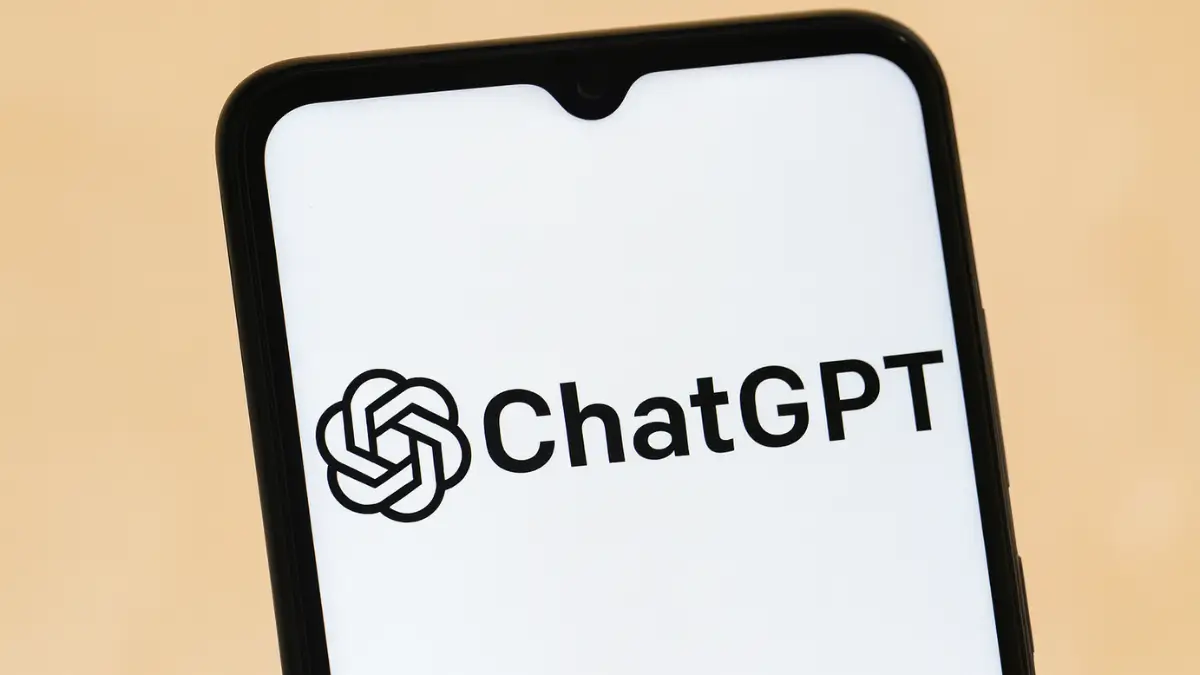What if every UK citizen received free access to ChatGPT Plus? That was the bold idea reportedly discussed earlier this year when UK Technology Secretary Peter Kyle met OpenAI co-founder Sam Altman in San Francisco. According to accounts of the meeting, Altman floated the possibility of rolling out ChatGPT Plus across the entire UK.
The catch? It could cost the government as much as £2 billion. While the proposal was never taken forward, the conversation shines a spotlight on how seriously the UK government is considering artificial intelligence in public life. Let’s break down what was said, why it didn’t happen, and what this tells us about the government’s growing relationship with AI.
A Surprising Dinner-Table Proposal
During the March and April meetings, Altman and Kyle explored the idea of providing every UK resident with ChatGPT Plus, the premium version of the chatbot that typically costs around $20 per month. This subscription offers faster response times, priority access, and more reliable service during peak usage.
The notion of a nationwide rollout was striking, both in ambition and in cost. Estimates suggested the plan could reach up to £2 billion. Unsurprisingly, insiders revealed that Kyle never seriously considered the proposal, viewing it as financially unrealistic.
Why the Proposal Wasn’t Taken Forward
The staggering price tag was the main reason the idea failed to gain traction. A £2 billion outlay for a subscription service—even one as popular as ChatGPT Plus—was not seen as feasible for public spending. While Kyle is enthusiastic about AI, his focus appears to be on practical integration rather than symbolic but costly gestures.
Yet the fact that such an idea was raised at all highlights the broader context: the government’s increasing willingness to engage with AI firms and consider bold partnerships, even if they don’t ultimately materialize.
Kyle’s Personal Use of AI
Peter Kyle is not just talking about AI in policy terms; he is using it personally. Reports suggest that in March he turned to ChatGPT for insights into why UK businesses have been slow to adopt artificial intelligence. He even asked the chatbot for advice on which podcasts he should join.
Kyle has described the tool as “fantastically good” and even likened it to a tutor, particularly when grappling with complex subjects. This hands-on use paints a picture of a minister who isn’t afraid to experiment with the very technology he is tasked with shaping at a national level.
Building Broader AI Partnerships
The ChatGPT Plus proposal should be viewed alongside wider government efforts to integrate AI into public services. In July, Kyle signed a memorandum of understanding with OpenAI. While non-binding, the agreement set the stage for collaboration in areas like education, defence, security, and justice.
OpenAI emphasized that millions of UK residents are already using ChatGPT for free and framed the talks as part of a shared goal of democratizing AI so its benefits are accessible to everyone. The memorandum signals a step toward formal cooperation between government and the company, even if the £2 billion subscription plan never moved forward.
Concerns Over Copyright and Big Tech
Not everyone is cheering the government’s AI enthusiasm. Creative industries have voiced concern about proposed changes to copyright law that could allow AI companies to train their models on creative works without explicit permission, unless rights holders opt out. Many fear such a shift could undercut artists, musicians, and writers who rely on copyright protections.
Critics have also questioned whether the government is prioritizing relationships with large American tech firms over supporting smaller British businesses. While big partnerships can accelerate innovation, they risk overshadowing local startups and independent creators.
What the Talks Reveal About the UK’s AI Direction
The discussion between Kyle and Altman may not have led to an immediate deal, but it symbolises the UK’s eagerness to position itself at the forefront of AI adoption. From personal experimentation to government partnerships, Kyle is clearly invested in bringing AI closer to both policymakers and the public.
At the same time, the abandoned £2 billion idea reflects the challenges of balancing ambition with affordability and fairness. Rolling out premium AI tools nationwide may sound futuristic, but governments must weigh the financial cost alongside public expectations and ethical concerns.
Looking Ahead
The UK’s flirtation with the idea of free ChatGPT Plus for everyone is unlikely to be repeated anytime soon. Still, it shows how central AI has become in political conversations at the highest level. For Kyle, AI isn’t just an abstract policy issue—it’s a tool he’s testing, a technology he wants to embed across services, and a frontier he believes the UK must embrace.
What comes next will likely be less about flashy proposals and more about practical, targeted applications: using AI to improve schools, streamline justice, enhance security, and boost productivity. The UK is at the start of its AI journey, and while billion-pound national rollouts may remain a dream, the push to harness AI for public good is only just beginning.

